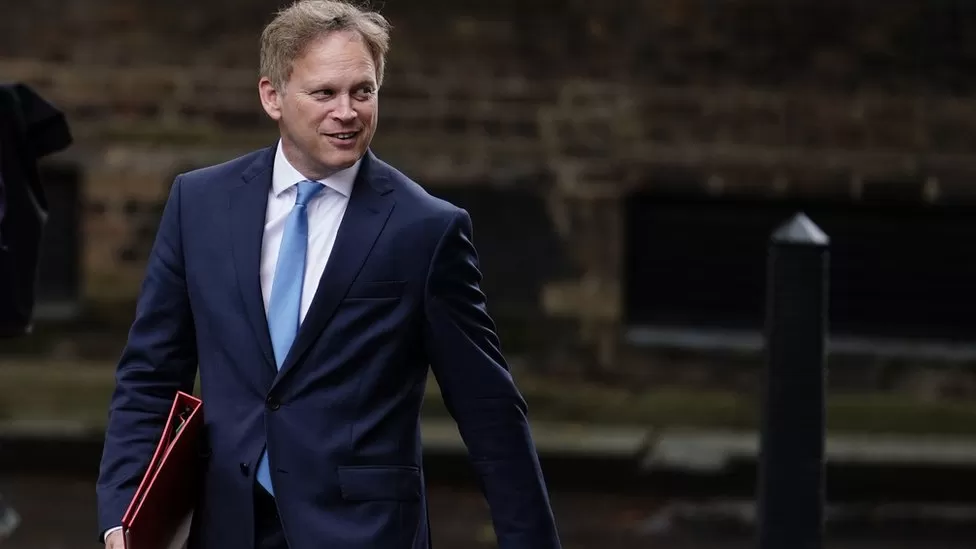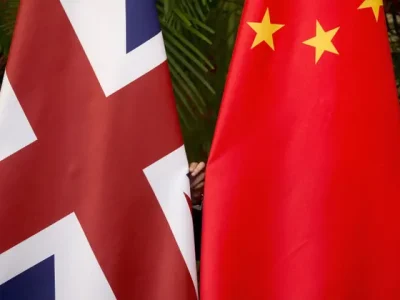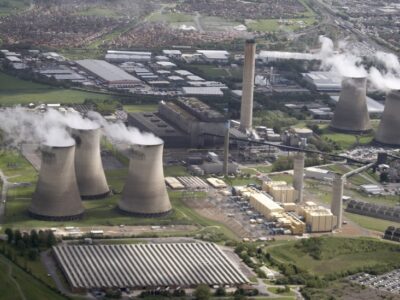Grant Shapps has pledged to “continue to UK’s support for Ukraine” as he takes over as defence secretary from Ben Wallace. It is Mr Shapps’ fifth cabinet job in less than a year, including roles as energy secretary, transport secretary and, briefly, home secretary. Ben Wallace is standing down as an MP at the next election, after four years as defence secretary. In a statement, Mr Shapps said he was “honoured” to take on the role. Children’s Minister Claire Coutinho has replaced Mr Shapps as Energy Security and Net Zero Secretary.
David Johnston, a Tory backbencher, takes over her role at the Department for Education. Mr Shapps paid tribute to the “enormous contribution Mr Wallace has made to UK defence and global security over the last four years”. “I am looking forward to working with the brave men and women of our Armed Forces who defend our nation’s security,” he added. Mr Shapps is seen as one of the government’s best communicators and has held seven cabinet roles since 2012. Last October, he spent six days as home secretary during the final chaotic week of Liz Truss, following the resignation of Suella Braverman from that role. He was then appointed business secretary by Mr Sunak, when he took over from Ms Truss.

Mr Shapps’s longest stint in government has been as transport secretary where he negotiated repeated bailouts for Transport for London during the Covid-19 pandemic. Since Russia’s invasion of Ukraine, Mr Shapps has taken a visible role in the UK’s support of the country. He took part in the Homes for Ukraine scheme, hosting a family of refugees at his Hertfordshire home. Mr Shapps visited Ukraine last week, in his previous role as energy secretary, to highlight the UK government’s role in guaranteeing a supply of enriched uranium to the country’s nuclear power plants. Defence figures, speaking on condition of anonymity, have given the appointment of Grant Shapps a mixed reaction. While some bemoan his lack of military experience compared to his predecessor Ben Wallace, who served in the Scots Guards, others say Mr Shapps may have some advantages on his side.
His previous work in the department for transport will have given him some idea of logistics, a key factor in supporting any military operation. This may also help him grip the thorny problem of defence acquisition which has been plagued by delays, failures and overspends. But there is no doubt that Mr Wallace will be missed by many in the military for his relentless push for more resources. His forward-leaning stance on Ukraine often made the UK one of the first to offer more lethal weaponry like long-range missiles and main battle tanks, something which won him few friends in the White House. Shadow climate change secretary Ed Miliband said Ms Coutinho’s appointment “speaks volumes about the failures of Tory policy that we are now onto the sixth secretary of state since 2019”.
“Reshuffling of the deckchairs will not deliver the proper energy policy Britain needs,” he added. Meanwhile, Labour’s shadow defence secretary John Healey congratulated Mr Shapps on his appointment. He said he would work with his opposite number “to keep our country safe” – but added that “after 13 years of Tory defence failures, a change at the top will not change this record”. Liberal Democrat defence spokesperson Richard Foord said Mr Sunak had appointed a “yes man”, who will be in charge of “slashing troop numbers by 10,000”. “They have taken the armed forces for granted for too long, and we are all left less safe as a result,” Mr Foord said.
‘Personal toll’
Mr Wallace, who served as defence secretary under three prime minister, said he was stepping down “to invest in the parts of life that I have neglected, and to explore new opportunities”. In his resignation letter, Mr Wallace said his military and political careers has come at “a personal toll to me and my family”. Mr Wallace leaves parliament as one of the longest serving ministers in government. As defence secretary he oversaw the evacuation of personnel from Afghanistan as well as the UK’s military contribution to the Ukraine War. He also called for an increase in forces funding claiming the British army had been “hollowed out” over 30 years.
![]()





